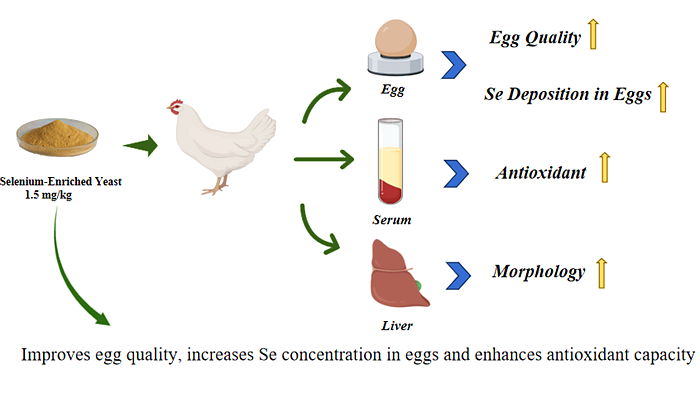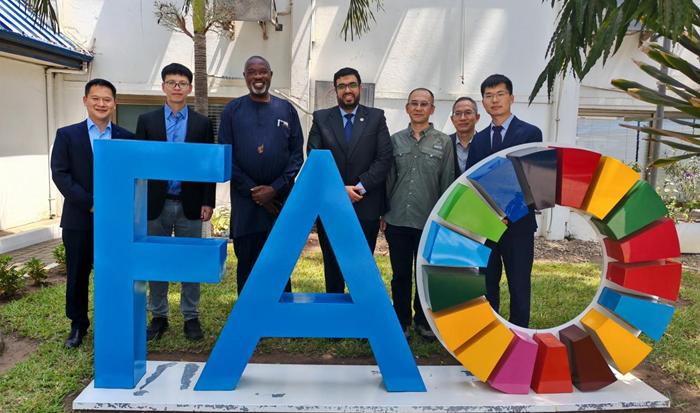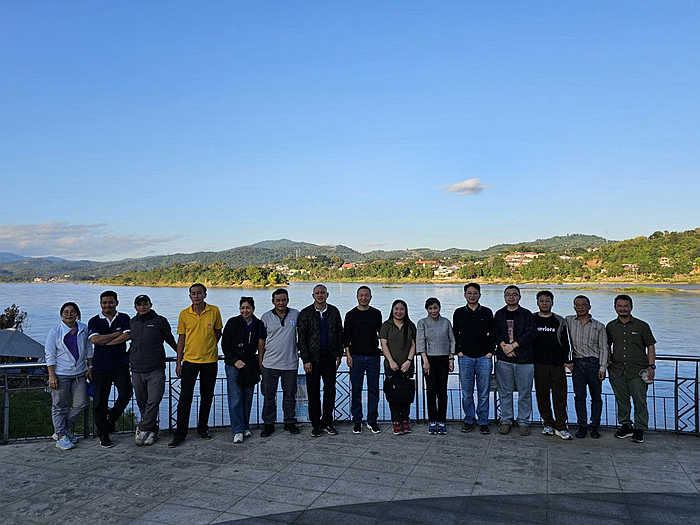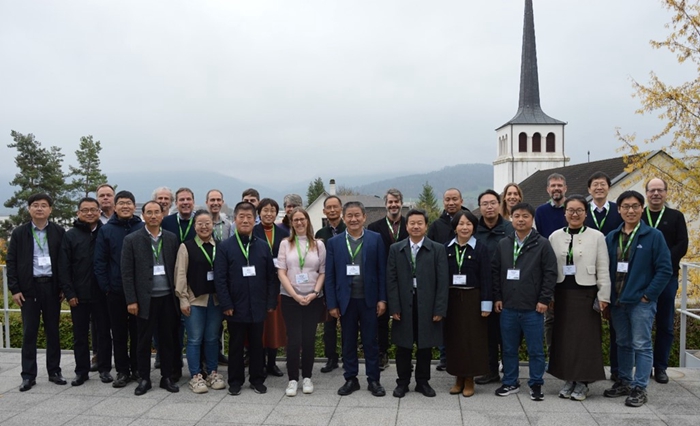Optimizing Selenium-Enriched Yeast Supplementation in Laying Hens: Enhancing Egg Quality, Selenium Concentration in Eggs, Antioxidant Defense, and Liver Health
Recently, the Poultry Nutrition and Feed Innovation Team from the Institute of Feed Research, Chinese Academy of Agricultural Sciences revealed the effects of dietary supplementation with selenium-enriched yeast on egg selenium content, antioxidant capacity, and hepatic function in laying hens. The related findings have been published in Poultry Science Journal.
Selenium-enriched yeast, as a relatively mature organic selenium supplement with high bioavailability and low toxicity-negative effects, has been widely used in poultry production. Selenium exerts essential physiological functions in laying hens, including enhancing antioxidant capacity through glutathione peroxidase synthesis, promoting selenium deposition in eggs to improve nutritional value, and regulating immune homeostasis. In particular, the rise of selenium-enriched eggs has created a higher demand for selenium addition to laying hens' diets, but excessive intake can lead to hepatotoxicity and damage to the health of laying hens. Existing studies have not been able to develop a unified view on the safe and effective dosage range of selenium in hens' diets, especially the potential risk of high selenium levels on liver health and oxidative stress.
In this study, we systematically evaluated the effects of various dosages (0.3, 1.5, and 6.0 mg/kg Se) of selenium-enriched yeast on production performance, egg quality, serum biochemistry and antioxidant, and hepatic physiological changes in laying hens.The present study demonstrated that a selenium-enriched yeast supplementation of 1.5 mg/kg Se provided an optimal balance among the health benefits for hens, the selenium deposition efficiency in eggs, and the minimization of toxicity risks. This dosage likely achieved this balance by promoting efficient selenium absorption and utilization in laying hens and enhancing their antioxidant capacity and overall health,which showed some clear and feasible recommendations for the application of organic selenium in laying hens' diets.Lastly, this research held significant implications for the poultry industry, as it provided a scientific basis for optimizing selenium supplementation in hen diets, ultimately contributing to improved animal welfare, enhanced egg quality, and more sustainable production practices.
This study was supported by Beijing Municipal Poultry Innovation Team (BAIC06-2024), the National Natural Science Foundation of China (32272907), and the Agricultural Science and Technology Innovation Program of the Chinese Academy of Agricultural Sciences (ASTIP).
Original link: https://doi.org/10.1016/j.psj.2024.104584

By ZHANG LONGFEI, wonwoo2020@163.com
-
 Mar 21, 2025Experts from IPPCAAS Implement FAO-China South-South Cooperation Project to Advance Sustainable Fall Armyworm Management in Ghana
Mar 21, 2025Experts from IPPCAAS Implement FAO-China South-South Cooperation Project to Advance Sustainable Fall Armyworm Management in Ghana -
 Mar 13, 2025CAAS and CGIAR Deepen Strategic Cooperation
Mar 13, 2025CAAS and CGIAR Deepen Strategic Cooperation -
 Mar 11, 2025Call for Logo Design Proposals for the China-Africa Agricultural Science and Technology Innovation Alliance (CAASTIA)
Mar 11, 2025Call for Logo Design Proposals for the China-Africa Agricultural Science and Technology Innovation Alliance (CAASTIA) -
 Jan 21, 2025IAED-CAAS Delegation Visits Thailand for Scientific Cooperation
Jan 21, 2025IAED-CAAS Delegation Visits Thailand for Scientific Cooperation -
 Dec 05, 2024China-CABI Project Development Workshop Held in Delémont, Switzerland
Dec 05, 2024China-CABI Project Development Workshop Held in Delémont, Switzerland
